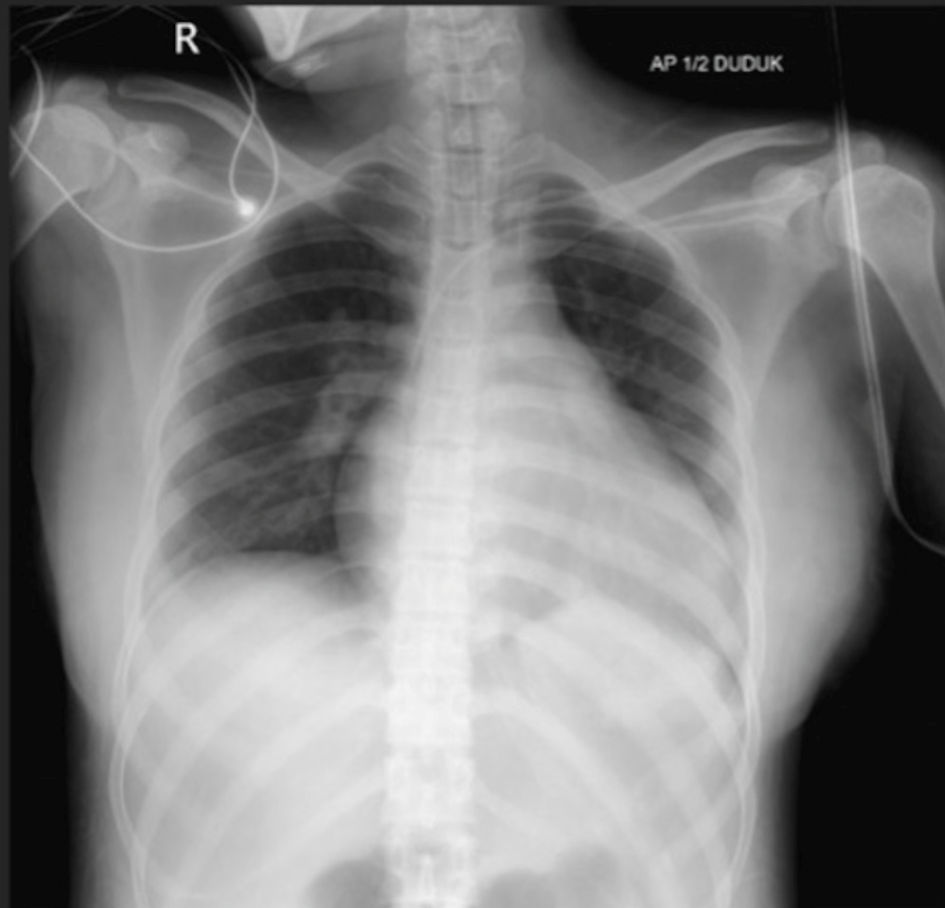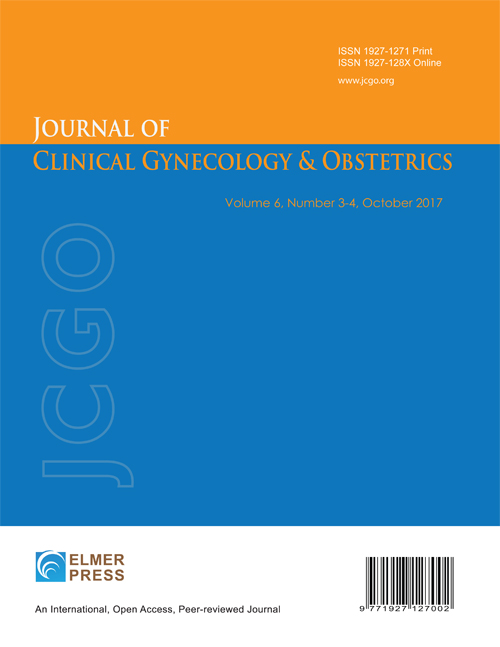Pregnancy Complicated by Complete Atrioventricular Block
DOI:
https://doi.org/10.14740/jcgo1009Keywords:
Bradycardia, Cesarean section, Complete atrioventricular block, EclampsiaAbstract
Bradycardia in pregnancy resulting from complete atrioventricular block (CAVB) is a rare but critical condition that can threaten both maternal and fetal health. If not managed appropriately, it can lead to severe complications, emphasizing the need for timely diagnosis and intervention. The incidence of CAVB during pregnancy is approximately 1 in 15,000 to 20,000 pregnancies. Most cases present clinically with symptoms such as syncope or palpitations, highlighting the importance of prompt recognition and management. While some patients with CAVB may be asymptomatic, symptomatic cases require urgent and definitive management. There is currently no established guideline for managing CAVB during pregnancy. We report the case of a 20-year-old primigravida at 35 weeks and 5 days of gestation, who presented with heart conduction problems (i.e., bradycardia) and arrived at the obstetric emergency department after receiving magnesium sulfate for seizure prophylaxis due to her high-risk profile and two intravenous doses of atropine sulfate. The patient experienced seizures and worsening bradycardia, prompting an emergency cesarean section. A female infant was delivered with a birth weight of 2,525 g, a length of 45 cm, and a New Ballard Score corresponding to gestational age of 36 weeks. No congenital anomalies were identified. The patient had an uncomplicated recovery and was discharged with a cardiologist’s recommendation for follow-up echocardiography. CAVB in pregnancy can arise from either congenital or acquired conditions, both of which may lead to maternal cardiovascular decompensation and fetal complications. In such cases, pacemaker implantation is often required to manage symptomatic bradycardia, and cesarean section may be the preferred mode of delivery to ensure both maternal and fetal safety. This case highlights the critical need for timely and appropriate management of symptomatic CAVB during pregnancy. Pacemaker implantation serves as the definitive treatment option for pregnant patients with CAVB, effectively addressing bradycardia and preventing further complications.

Published
Issue
Section
License
Copyright (c) 2025 The authors

This work is licensed under a Creative Commons Attribution-NonCommercial 4.0 International License.






